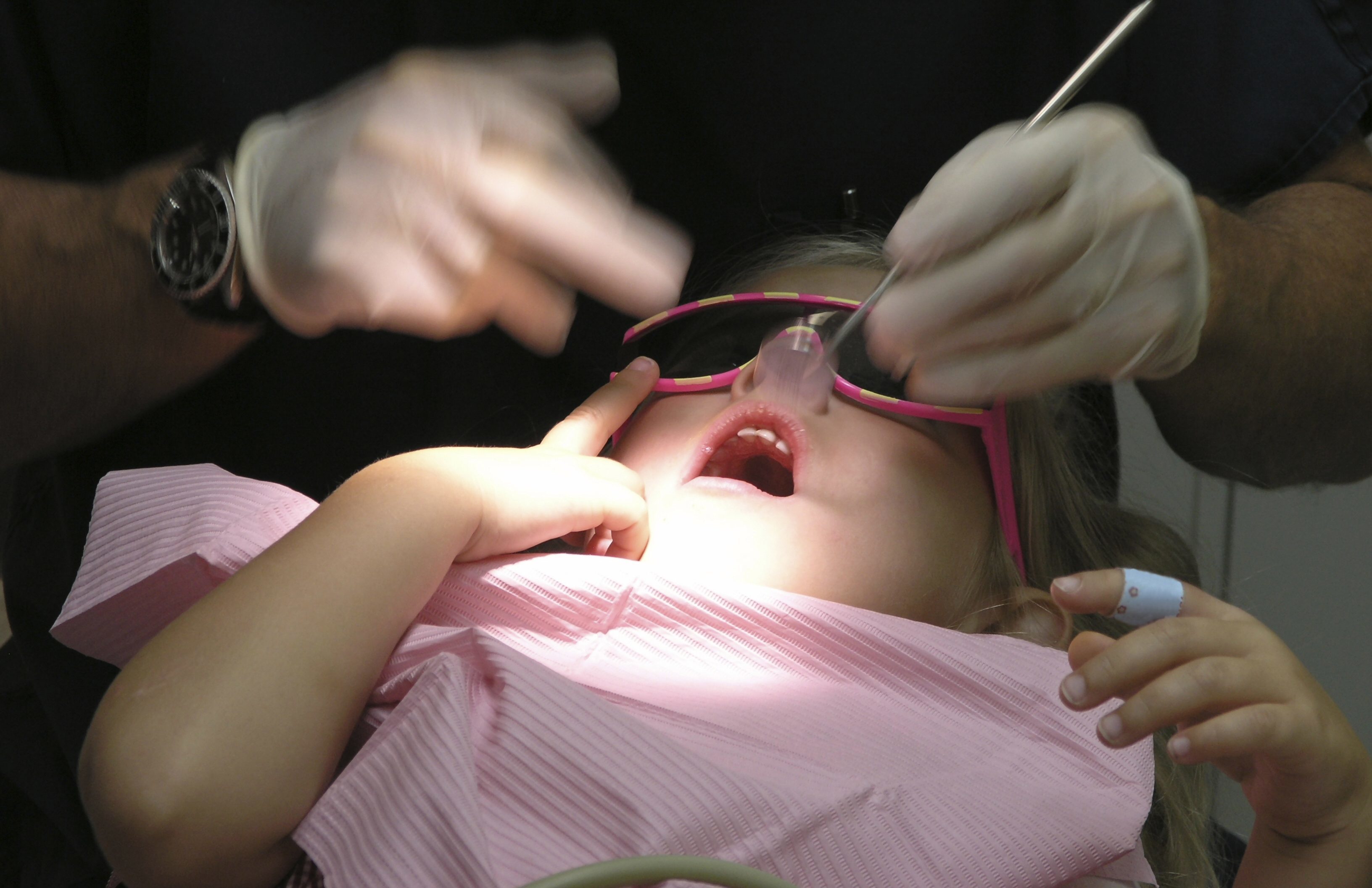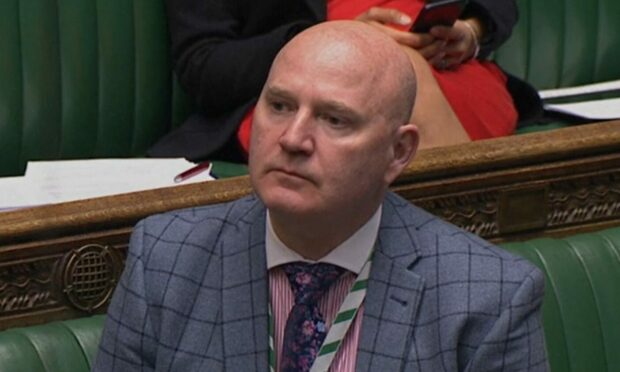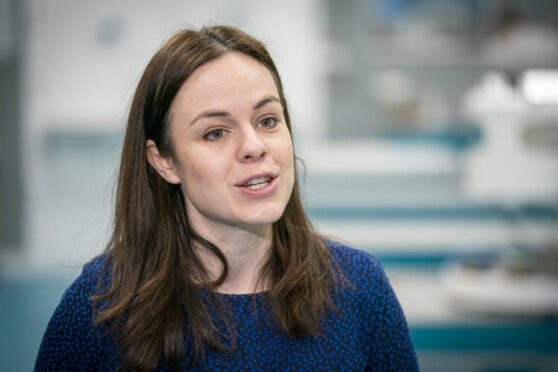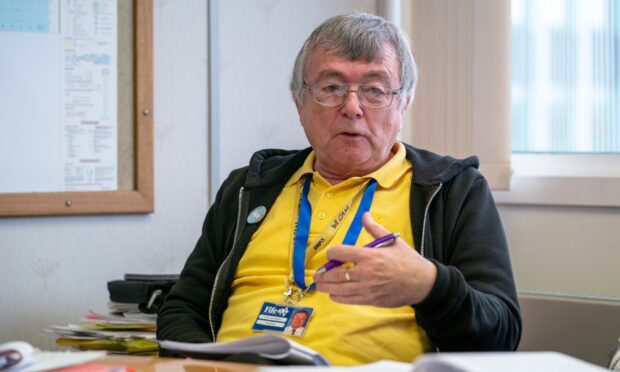Nearly one in 10 of Tayside’s youngest schoolchildren have serious problems with their teeth, new figures reveal.
A shocking 335 P1 pupils in the area required “immediate dental care on account of severe decay or abscess” in 2017-18.
The scale of rotting teeth among five-year-olds in Dundee, Perthshire and Angus was revealed in school checks carried out under the national dental inspection programme.
Alex Cole-Hamilton, the Lib Dem MSP, said the gap in dental health between the richest and poorest appears to be widening.
“Tayside is facing serious challenges when it comes to dental care,” he said.
“The Scottish Government needs to fill in the gaps and help every health board to meet their treatment targets.”
Some 9% of P1 pupils inspected in Tayside were found to have serious decay and abscess issues that triggered the sending of “A letters” to parents demanding urgent action.
That is the second worst rate in the country after Glasgow and Clyde (10%), while the national average is 7%.
In Fife, 120 children were the subject of the letters, which is 5% of all those inspected.
Parents receiving “A letters” from health staff “should seek immediate dental care on account of severe decay or abscess”.
“B letters”, which were sent to the homes of 22% of P1 children in Tayside, urge parents to take their children to the dentist in the “near future due to history of tooth decay”.
Where there is “no obvious decay experience”, parents are sent letters reminding them to visit the family dentist regularly.
Morag Curnow, Tayside’s clinical dental director, said all nurseries and some primary schools have brushing programmes in place and that will be extended this year.
“It is concerning that we have more children in P1 with serious decay than comparable areas in Scotland,” she said.
“However, we know that the overall dental health of children in Tayside continues to improve in line with national trends.”
She said decay can be prevented by avoiding high-risk food between meals, such as sugary snacks, and by brushing effectively with a fluoride toothpaste.
Across Scotland, the average number of decayed, missing or filled teeth was 0.45 for children in the most well-off areas, but 1.92 in the poorest.
A total of 16,814 pupils were included in the survey between November 2017 and June 2018.
Overall the dental health of Scotland’s P1 pupils has improved, with 71% (Tayside: 69.9%; Fife: 71.9%) showing no obvious signs of tooth decay in the 2017-18 study, compared with 58% a decade earlier.
A Scottish Government spokeswoman credited the Childsmile programme, which gives parents a free toothbrush, toothpaste and oral health education information for their child, for the improvement.
“We want to see these positive trends continue by tackling health inequalities in children,” the spokeswoman added.
“This is why children living in our most deprived areas are entitled to receive fluoride varnish applications at nursery or school.”










